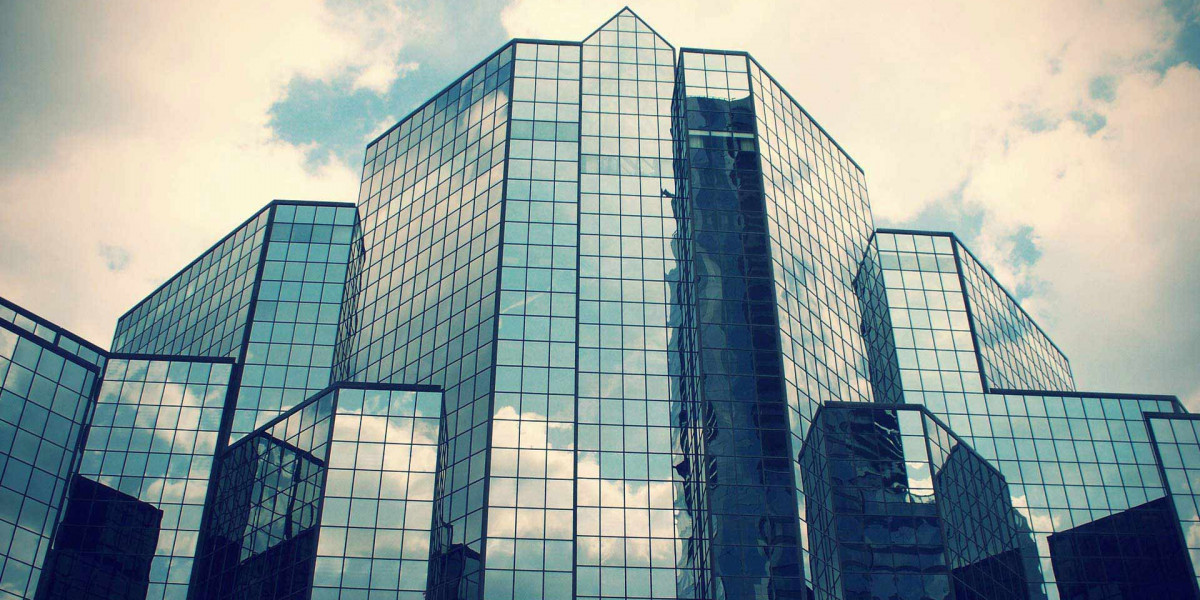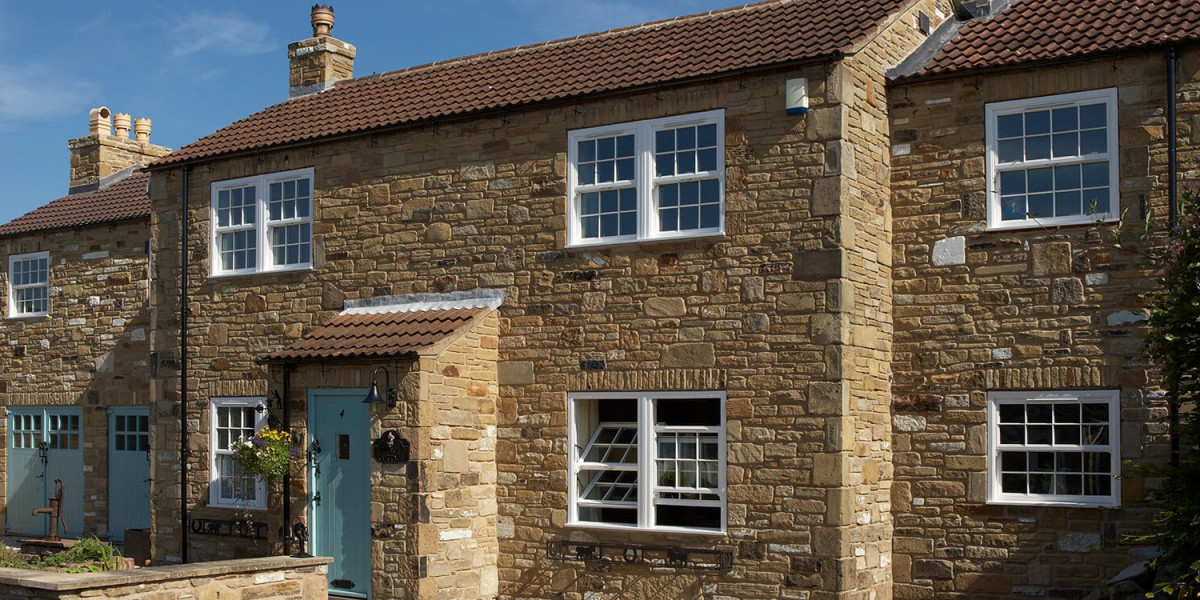Current Market Overview
The Singapore property market has shown resilience despite global economic fluctuations. Government regulations, such as cooling measures and housing grants, maintain stability while urban planning ensures sustainable development. Demand remains strong for residential properties, particularly condominiums, executive condominiums, and landed homes in prime and suburban locations.
Commercial and industrial real estate are also thriving, driven by Singapore’s status as a global business and logistics hub. Investors are increasingly attracted to properties that combine capital appreciation potential with rental income.
Predicted Trends in 2025
Several key trends are expected to shape Singapore’s real estate market this year:
1. Suburban Growth
With limited land in the city center, suburban areas like Jurong, Woodlands, Punggol, and Tampines are witnessing increased development. Enhanced MRT connectivity and new amenities make these towns attractive for both homeowners and investors. Suburban properties offer more space, affordability, and a family-friendly environment.
2. Smart and Sustainable Developments
Smart homes and eco-friendly designs are becoming standard in new projects. Properties equipped with energy-efficient systems, smart security, and automated appliances appeal to buyers seeking modern, sustainable living. Developers are also incorporating green spaces and wellness facilities to enhance quality of life.
3. Mixed-Use and Integrated Townships
Mixed-use developments that combine residential, commercial, and recreational spaces are expanding across the island. These projects maximize land efficiency and provide convenience, allowing residents to live, work, and shop within the same area. Such integrated townships are expected to attract strong demand and maintain high property values.
4. Luxury and High-End Properties
Prime districts, including Orchard, Marina Bay, and Sentosa Cove, will continue to see demand for luxury properties. High-net-worth individuals and expatriates are drawn to these areas for their exclusivity, lifestyle amenities, and potential for long-term capital appreciation.
5. Rental Yield Opportunities
Residential properties in strategic locations, particularly near MRT stations and schools, will continue to offer strong rental returns. Executive Condominiums, private condos, and well-located HDB flats remain attractive to tenants, including expatriates and young families.
Emerging Growth Areas
Several locations in Singapore are expected to see notable growth in property value and demand:
Jurong Lake District – Positioned as Singapore’s second CBD, Jurong is benefiting from infrastructure improvements, commercial hubs, and integrated townships.
Punggol and Sengkang – Waterfront developments, recreational facilities, and new MRT lines make these towns attractive for families and young professionals.
Tengah – Known as Singapore’s “Forest Town,” Tengah offers modern sustainable living with smart town planning and green spaces.
Woodlands and Yishun – Suburban areas with improved connectivity and amenities are drawing strong residential demand.
Final Thoughts
The Singapore real estate market in 2025 presents a range of opportunities across residential, commercial, industrial, and luxury sectors. Emerging growth areas in suburban towns and integrated developments provide both lifestyle benefits and investment potential.
For investors and homebuyers, staying informed about market predictions, smart and sustainable property trends, and high-demand locations is essential to making well-informed decisions. With careful planning, Singapore’s dynamic property market continues to offer stability, growth, and long-term value.
Important Links
Things to Know Before Buying a Condo in Singapore
Singapore Real Estate Guide 2025
Types of Properties Foreigners Can Buy in Singapore
Co-Working Spaces vs Traditional Offices in Singapore
Tax Implications for Foreigners Buying Property in Singapore
Why Do Some Condos in Singapore Have No Buyers
Is it Safe to Buy Singapore Condo Before TOP
Is Buying Condo During Launch in Singapore a Trap
Is It Risky to Buy Old Condo in Singapore for Investment













